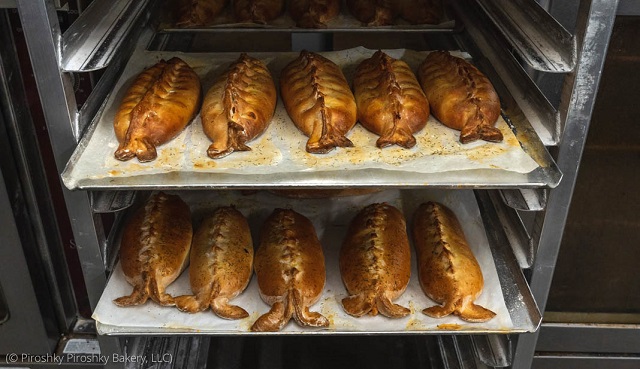Starting and registering a new business in the United States takes an average of just four days, says the World Bank’s Doing Business report for 2020.
There are 30.7 million businesses in the United States, and 99 percent of them are small businesses, according to the U.S. Small Business Administration’s Office of Advocacy. (The U.S. Small Business Administration (SBA) defines small as having fewer than 500 employees.)
The ease of starting a business is one reason entrepreneurship is the backbone of the U.S. economy. The SBA’s 2019 data estimates that small businesses employ 59 million workers — 48 percent of the U.S. workforce.
Registering a business
Business structures, determined by U.S. tax laws, range from corporations to sole proprietorships (low-risk operations whose owners can be held personally liable for debts and obligations). Partnerships fall between those two in terms of complexity.
There are basically two types of partnerships. Limited partnerships (LPs) are small firms in which one general partner has unlimited liability and all other partners have limited liability. Limited liability partnerships (LLPs) give limited liability to all partners. Liability protection safeguards partners’ personal assets — vehicles, houses or savings accounts — in case of bankruptcy or lawsuits.
In most cases, businesses don’t need to register with the federal government, other than filing to get a federal tax identification number. State and local governments register new businesses. Requirements vary from state to state, and in some cases, a small business doesn’t need to register at all.
Supporting startups

Fish-shaped pastries filled with smoked salmon, cream cheese, dill and onion are customer favorites at Seattle’s Piroshky Piroshky Bakery. (© Piroshky Piroshky Bakery, LLC)
Business startups are risky, but the Small Business Administration helps new startups to manage the risk. The SBA has helped nearly 20 million small businesses with loans, loan guarantees, contracts, counseling sessions or other forms of assistance.
During National Small Business Week, which begins September 22 this year, the SBA gives Small Business Person of the Year awards in each of the 50 U.S. states, the District of Columbia and U.S. territories. A national winner is then chosen from the regional winners. The awards offer helpful publicity.
This year, Olga Sagan, a Russian-born immigrant who owns the Piroshky Piroshky Bakery in Seattle, is a finalist. (“Piroshky” is the Russian word for “small pie.”) In recent years Sagan has expanded from one location to four, added a food truck and boosted sales 53 percent.
Sagan advises aspiring entrepreneurs to make sure their business idea is original, to treat any future employees well, and to commit to three years of hard work before expecting to see profits.
“Network with your peers,” she says, “and be brave.”
Banner image: Seattle's Piroshky Piroshky Bakery offers handmade Russian pastries, including poppy seed cinnamon rolls, left, and coffee cinnamon rolls, right. (© Piroshky Piroshky Bakery LLC)







COMMENTS0
LEAVE A COMMENT
TOP